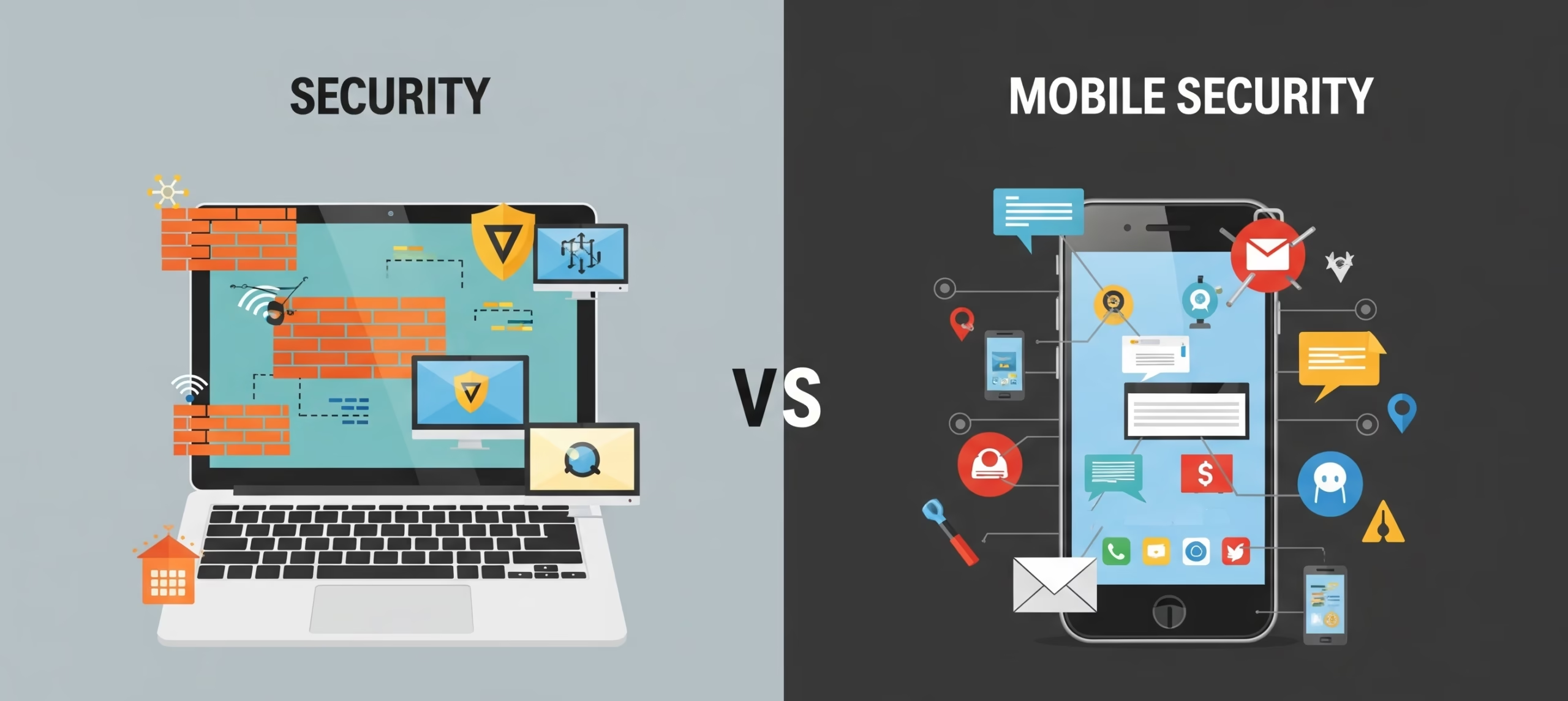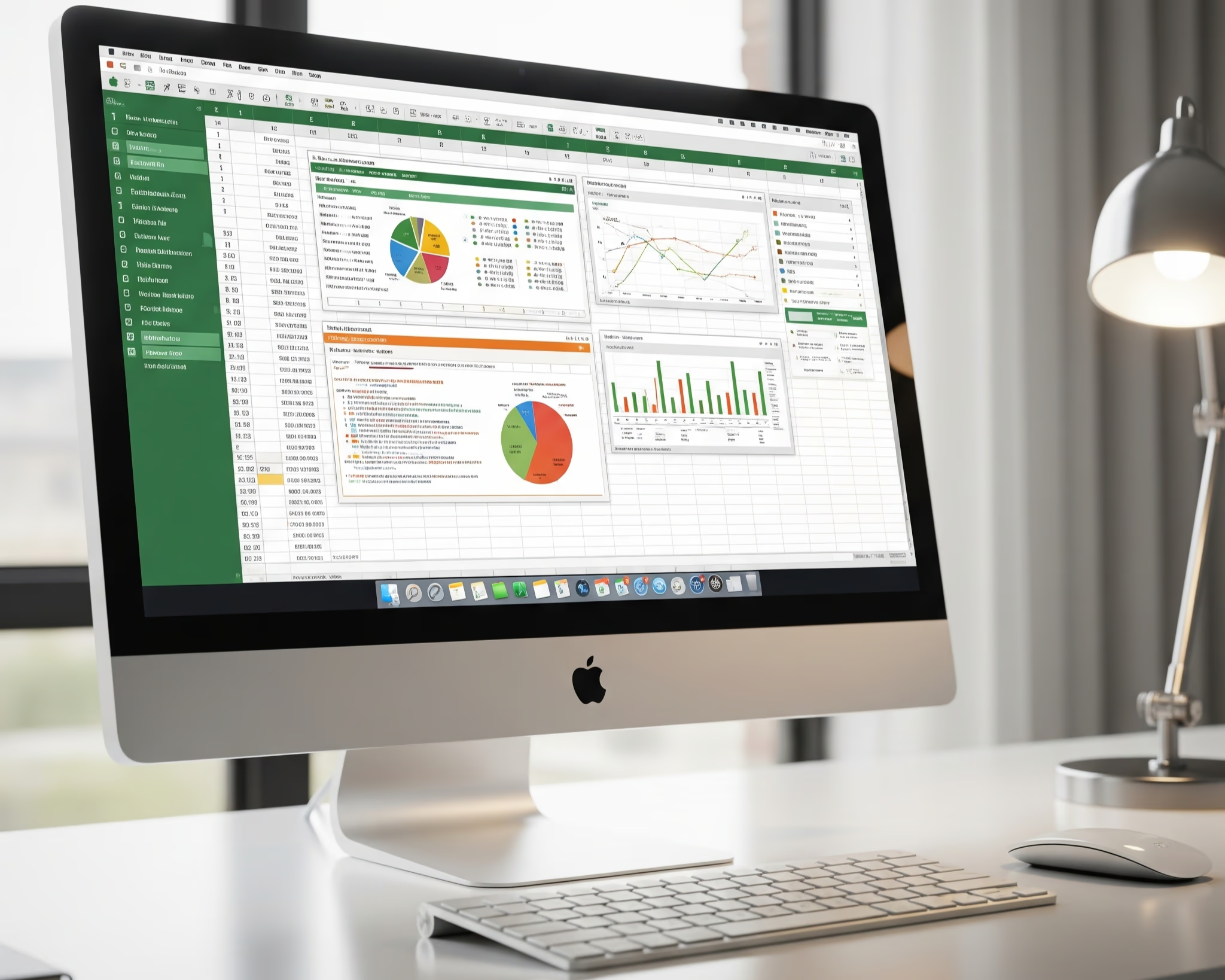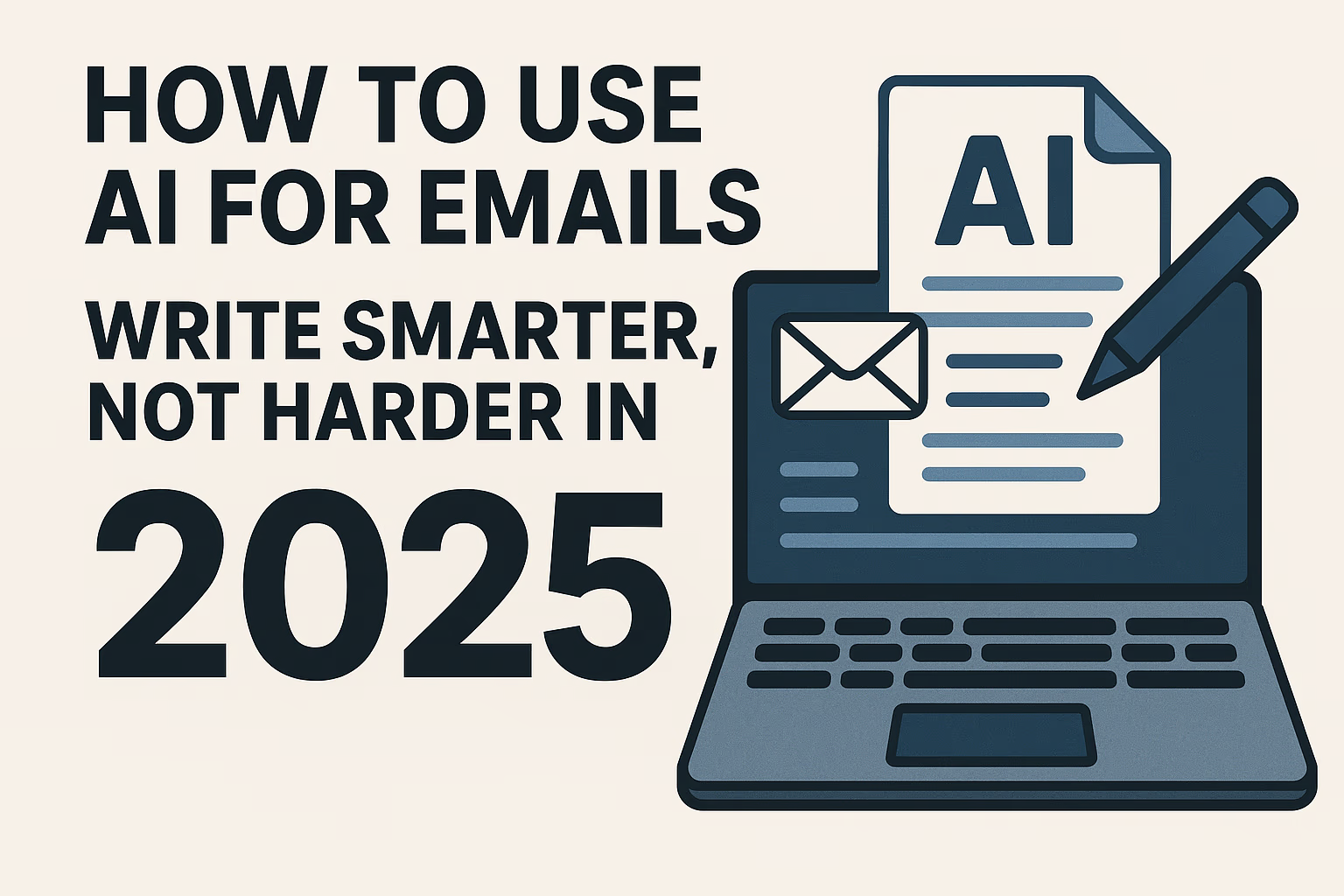Laptop vs Smartphone Security: What You Need to Know
It’s 2025. We’re hyper-connected, AI is everywhere, and cybersecurity threats are evolving faster than ever. Whether you’re checking emails on your laptop or banking on your smartphone, one thing is clear — digital security matters. But the big question is:
Which device is more secure in 2025 — laptops or smartphones?
In this post, we’ll break down modern threats, security features, and real-world usage to help you decide which device is safer — and how to protect yourself better.
The Modern Security Landscape in 2025
Digital security in 2025 isn’t what it was even two years ago. With widespread adoption of biometric authentication, AI-based malware, and cloud-dependent apps, both laptops and smartphones have had to evolve fast.
Let’s look at what both are dealing with:
- Advanced Phishing Attacks via AI-generated content
- Zero-click Exploits on both mobile and desktop OS
- Cloud Storage Vulnerabilities
- App Permissions Misuse
- Deepfake-based Social Engineering
Laptop Security in 2025
💡 Ideal Use Case: Great for professional use, remote work, or where complex multitasking and secure storage are key.
- More prone to ransomware and root-level malware
- Greater attack surface due to third-party software
- Target for keyloggers and phishing via email
- Advanced Firewalls & Endpoint Protection
- Hardware-level encryption via TPM and Apple’s M-series chips
- Better visibility & control over system files and processes
- Regular security patching through OS-level updates
- VPN & antivirus integration is seamless
Laptops, especially those running Windows 12 or macOS Sequoia, have stepped up in security:
💡 Ideal Use Case: Great for professional use, remote work, or where complex multitasking and secure storage are key.
Smartphone Security in 2025
Modern smartphones, especially Android 14 and iOS 18, have deeply integrated security protocols.
- Sandboxed app environments (reduces cross-app attacks)
- Regular and OTA (over-the-air) security patches
- Biometric authentication (face, fingerprint, voice)
- Limited root access (more secure for average users)
- Default end-to-end encryption for calls and messages
- Easier to be compromised via malicious apps
- Social engineering via SMS, WhatsApp, Telegram
- Location tracking & data privacy concerns
- Harder to detect malware due to limited visibility
💡 Ideal Use Case: Best for day-to-day personal use, messaging, and mobile banking with low-maintenance security.
Security Showdown: Laptop vs Smartphone
| Feature | Laptop | Smartphone |
|---|---|---|
| System Visibility | High (user control) | Low (sandboxed apps) |
| Biometric Security | Available but limited | Deep integration |
| App Permissions | Full access | Strictly sandboxed |
| Vulnerability to Malware | High (complex OS) | Medium (app store protections) |
| Phishing Risk | High via emails | High via messaging platforms |
| Update Frequency | Depends on user | Automatic OTA (more consistent) |
Which Device Wins in 2025?
There’s no clear winner — it depends on your usage.
- For power users, developers, or those managing sensitive data: Laptops offer better visibility and tools.
- For casual users, social media lovers, or mobile professionals: Smartphones offer superior security by design with minimal input.
But remember: The weakest link is always the human behind the screen.
Top 10 Tips to Stay Secure in 2025 (No Matter Your Device)
- Use a reputable VPN at all times.
- Enable multi-factor authentication (MFA) on all accounts.
- Don’t click unknown links — even if it’s from your "mom."
- Keep your OS and apps updated weekly.
- Don’t click on suspicious links
- Review app permissions monthly.
- Backup your data — cloud and offline.
- Use AI-powered antivirus software (they’re faster at spotting threats).
- Use strong, unique passwords (or a password manager)
- Avoid shady websites and apps
In 2025, both smartphones and laptops are significantly more secure than they were even a few years ago. However, they’re also under more threat. While smartphones may offer more “out-of-the-box” protection, laptops give you the power to dive deep and secure your environment — if you know what you’re doing.
So, instead of choosing one over the other, invest in good digital habits, stay updated, and treat your digital presence like you would your home — locked, protected, and monitored.




